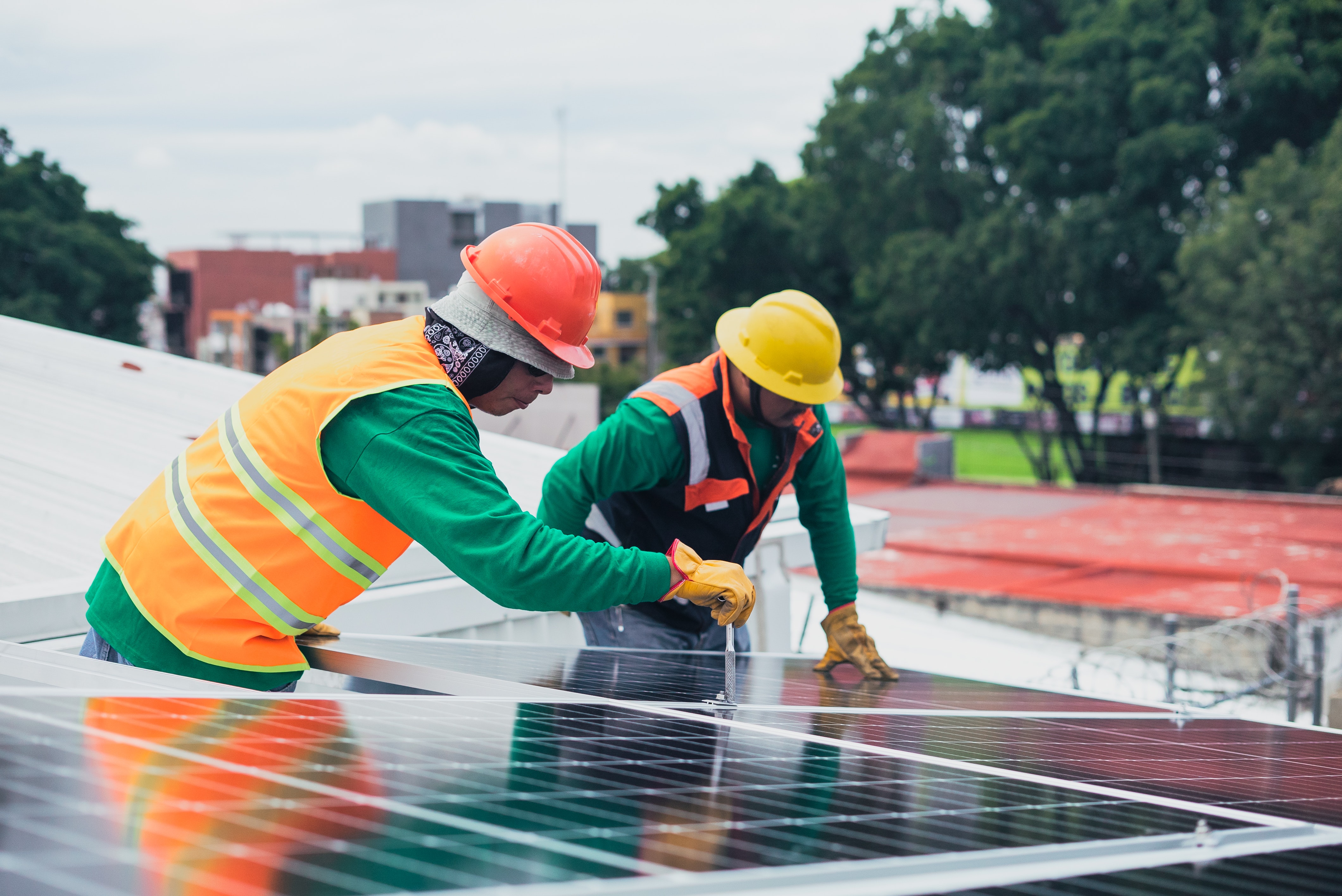Posted: 15 July 2022
Let's make the Green Deal real

Organized by the European Commission's Environment Directorate-General, the "EU Green Week". This is Europe's largest annual event on environmental policy. Citizens can discuss European environmental policy and actions with policymakers, academics, business, environmentalists, and other stakeholders from Europe and around the world.
It has been held since 2010 and each year has focused on a different topic: biodiversity, resource efficiency, water, air quality, and waste management. This year's edition, held from May 30 to June 5, focused on the European Green Deal, the spearhead of European environmental policy, a multidisciplinary and interconnected strategy for a resource-efficient and climate-neutral Europe by 2050.
Green Week opened with a two-day hybrid, online and in-person conference in Brussels on May 30 and 31, and continued with a series of events organized by partner organizations across Europe during the rest of the week.
On May 30, after the European Commission President Ursula von der Leyen addressed all participants, the meeting opened with a dialogue with young citizens, during which Virginijus Sinkevičius, European Commissioner for the Environment, Oceans and Fisheries, the initiator and main speaker of the meeting, met with youth representatives from across the Union and Ukraine. The young delegates asked their questions under topics such as nature and biodiversity, consequences of war and pandemic, fashion and sustainable textiles, food production, and joint action.
This was followed by a high-level debate that had at its center an important question: what happens to environmental policies in times of crisis? Are wars, economic downturns, pandemics and food crises likely to overshadow environmental protection? Addressing these complex questions, speakers stressed the need to keep environmental priorities high on the political agenda, especially in times of crisis. Commissioner Sinkevičius, and special guest Ruslan Strilets, Ukrainian Minister of the Environment, agreed that it is crucial to stay on the green path, precisely, even more so at this time, given the evidence of the extreme interconnectedness between energy, which must be independent and clean, geopolitics and economics.
Concluding the first day of the conference was the special 30th anniversary edition of the LIFE Awards for the most innovative, inspired and effective projects in the areas of nature protection, environment and climate action. With a video appearance by Sir David Attenborough, an icon of environmental communication, three projects in each of these areas were honored, as well as one implemented by the Natura 2000 network, a system of areas designated for the conservation of biological diversity in the territory of the European Union.
The next day, the conference addressed three important aspects in European environmental policies, particularly in the context of the Green Deal: the circular economy, zero pollution and biodiversity.
Regarding discussions on the circular economy, speakers focused on the Commission's legal proposal to make product sustainability the norm and how new business models are key to achieving such a change.
In the session on "zero pollution," speakers focused on discussing the "polluter pays" principle, i.e., allocating the cost of pollution directly to the polluter, and how this principle should be better applied at the European level. Issues of equity and justice were brought to the forefront, emphasizing that in the end it is increasingly people and populations who pay the worst price for pollution.
Finally, in the last session on biodiversity, the obvious links between halting biodiversity loss and restoring nature, as well as combating food security and climate change, were emphasized. Regarding the EU's forthcoming proposal for a biodiversity protection law, overwhelmingly supported at the conference by Janez Potočnik, co-chair of UNEP's International Resource Group, he emphasized that "restoring nature is fundamentally about protecting ourselves."
The Brussels conference concluded with a celebration of the 30th birthday of the European Ecolabel and a panel in which circular economy innovators, forward-thinking economists, and conservation entrepreneurs enthusiastically shared their positive experiences in "making the Green Deal real," as the conference slogan mentions, so that policy really does turn into action.
To mobilize greater involvement and input from all sectors, partner events, not organized by the European Commission, were held throughout the week. Nearly 300 events across Europe and beyond, including flashmobs, urban and nature cleanup actions, guided tours, educational walks, and children's workshops. Through original and concrete actions on the ground, people of all ages and from different countries demonstrated how important the implementation of the European Green Deal is to them.
Against the backdrop of multiple crises, with severe environmental degradation taking place and the need to conceive future post-conflict reconstruction in a sustainable sense, the conference and related initiatives explored all that is really needed for Europe to transform into a circular, sustainable, non-impact, nature-friendly, zero-pollution economy.
In this context, the European Green Deal, with widespread action on many fronts and with many actors involved, seems to be the most appropriate policy.